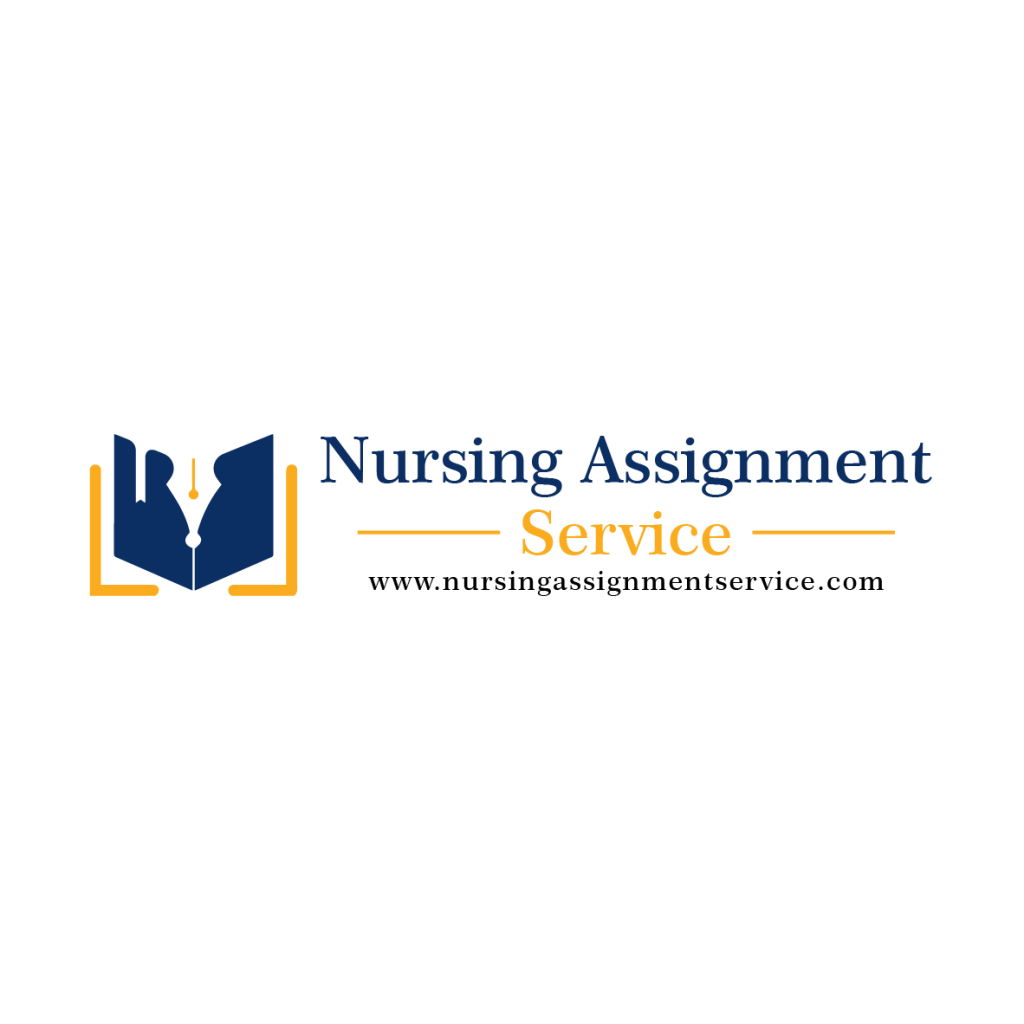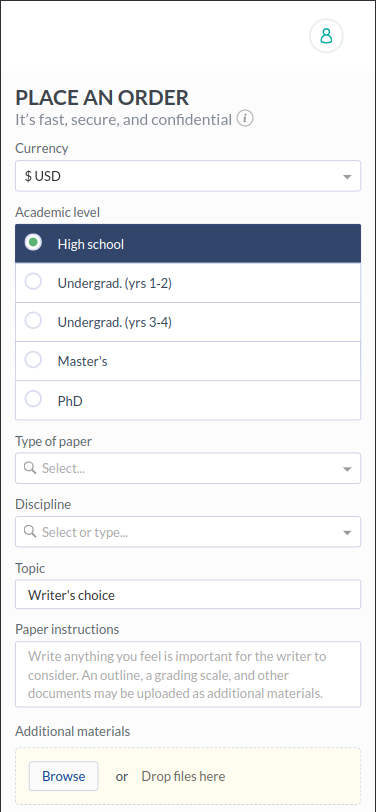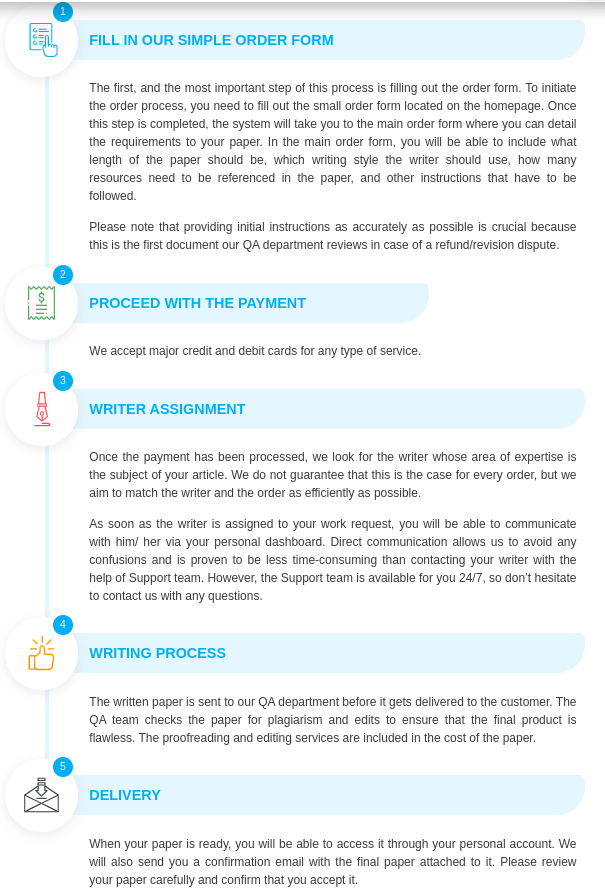NR 506 Week 8 Reflection
Achievement of Outcomes
Purpose
The final week will focus on Global Policy Reform and the impact on patient care. Students read the Berwick article and respond to the required discussions. In addition, students reflect on what they have learned in NR506NP and how it is applicable to their upcoming clinical courses.
Activity Learning Outcomes
Through this discussion, the student will demonstrate the ability to:
- Understand the role of advanced practice nursing in the International Context (CO2)
- Research global aspects of healthcare and the effect on the US healthcare system (CO5)
- Discuss the implications of global health on your clinical practice (CO5)
Due Date: Wednesday by 11:59pm MT of week 8
Initial responses to the discussion topic must be posted by Wednesday 11:59pm MT. Two additional posts to peers and/or faculty are due by Sunday at 11:59pm MT. Students are expected to submit assignments by the time they are due.
A 10% late penalty will be imposed for discussions posted after the deadline on Wednesday of week 8 by 11:59PM MST, regardless of the number of days late. NOTHING will be accepted after 11:59pm MT on Saturday (i.e. student will receive an automatic 0). Week 8 discussion closes on Saturday at 11:59pm MT.
Total Points Possible: 100
Requirements:
Berwick, D., Snair, M., & Nishtar, S. (2018). Crossing the global health care quality chasm: A key component of universal health coverage. Journal of American Medical Association, 320(13), 1317-1318.
Read the Berwick article and reflect on the concepts and practices you have learned in NR506 on healthcare systems, politics, and health policy. Reflections should include:
- How to make informed decisions on nursing practice and patient outcomes on a global basis. In addition, state how you will apply what you have learned in this course to your upcoming practicum experience.
- Describe how one will apply content from NR506NP to the upcoming clinical courses.
Sample Discussion Post
Berwick et. al (2018) discusses the exact reason why we as NP students are on our current path, and why the curriculum designed for this path is imperative for future providers to provide high quality person centered care. The article brought to light sizeable concerns with regards to quality of care, touching on topics that include safety, person- centeredness, timeliness, efficient, effective and equitable delivery of care. The article also explains that regardless if decisions are made on a small scale they have a tendency to impact decisions that are made on a larger scale or applied globally (Berwick et al., 2018). As future advanced practice nurses we need to be conscious of providing high quality care, as well as understand that our decisions can impact patients, their families, the practice we are employed by as well as the profession. For informed decisions need to be made by providers including APRNS which may positively or negatively impact patients, and to ensure high quality care for patients, one needs proper education, accreditation, and a set of standards for instruction (Berwick et al., 2018).
Quality of care is contingent upon providers being held to standards in care as well as achieving and maintaining those standards (Berwick et al., 2018). As future providers we need to stay informed with cutting edge and current research as well as integrate these new ideas into the everyday bedside care we are providing. The best way to incorporate new ideas is to engage in evidence based practice (EBP). EBP allows for the assimilation of clinical expertise, cutting- edge research, and patient values to positively impact patient care (Melnyk, 2018). Providers that actively engage in EBP be utilizing the most current research, initializing self- learning by engaging in research from around the globe. EBP will certainly be applied in my future practice as an APRN, as want to be sure that I provided safe high quality care to my patients. Safety and understanding one’s scope of practice will also be a focus of my person-centered care, as this course has highlighted the importance of policies and procedures both as a provider but also with the team you are working with. An additional goal as a future APRN will to be to understand policies, be a voice for my patients, as well as potentially join an organization that makes impactful changes to federal policy that raise the standards of patient care.
This course has revealed the need for future providers to be involved in their local community, nationally and globally to remove healthcare disparities for patients. Advocacy is absolutely paramount to practice, the profession and humanity as a whole. Demanding transparency from government entities, private business and all consumers of healthcare is the start that is needed to remove disparities as well as increase access to safe high quality care. The healthcare policy and leadership course has brought forth information that will impact my future clinical courses such as the importance of understanding the scope of practice for APRNs, policies that impact APN practice and the importance of getting involved on a greater level to impact changes in APRN practice. Although, the greatest concept taken from this course is the importance and depth that being an advocate for your patients, practice, and profession can have for positive changes for safe high quality person centered care.
References
Berwick, D., Snair, M., & Nishtar, S. (2018). Crossing the global health care quality chasm: A key component of universal health coverage. Journal of American Medical Association, 320(13), 1317-1318.
Melnyk, B. M. (2018). Why choose evidence-based practice? American Association of Nurse Practitioners. https://www.aanp.org/news-feed/why-choose-evidence-based-practice.
Our team of expert nursing writers at Nursing Assignment Service can help you with your NR 506 Week 8 Reflection, place your order here.




